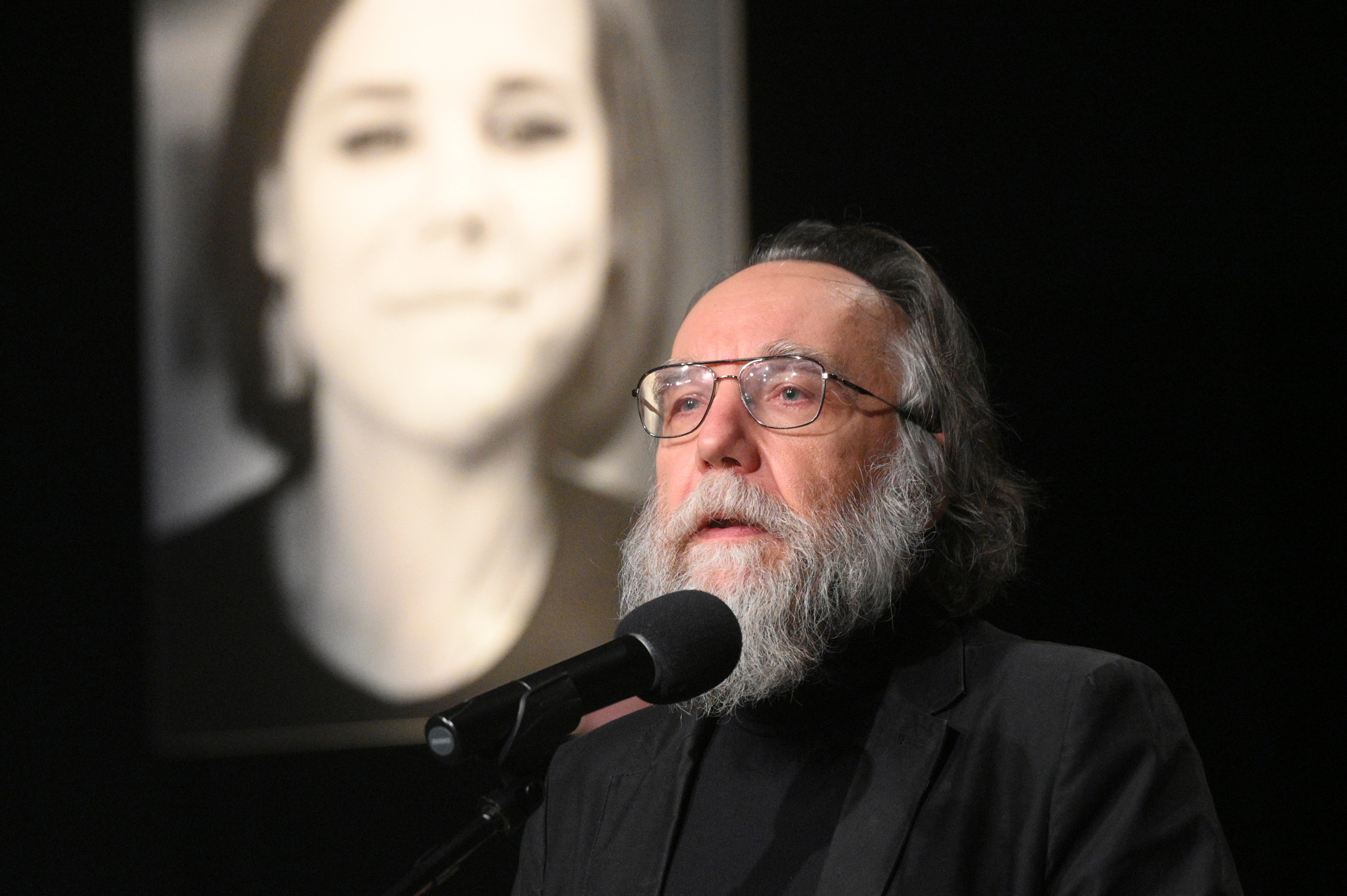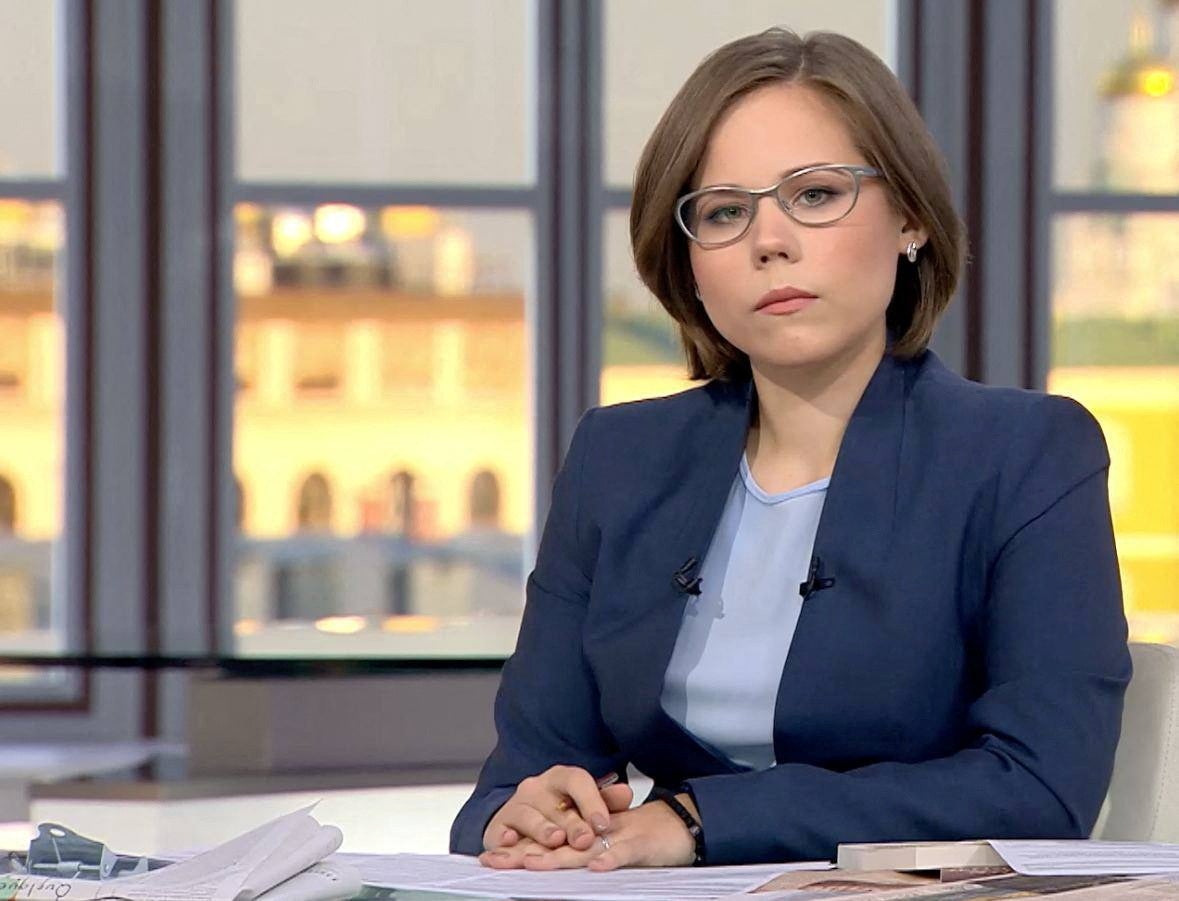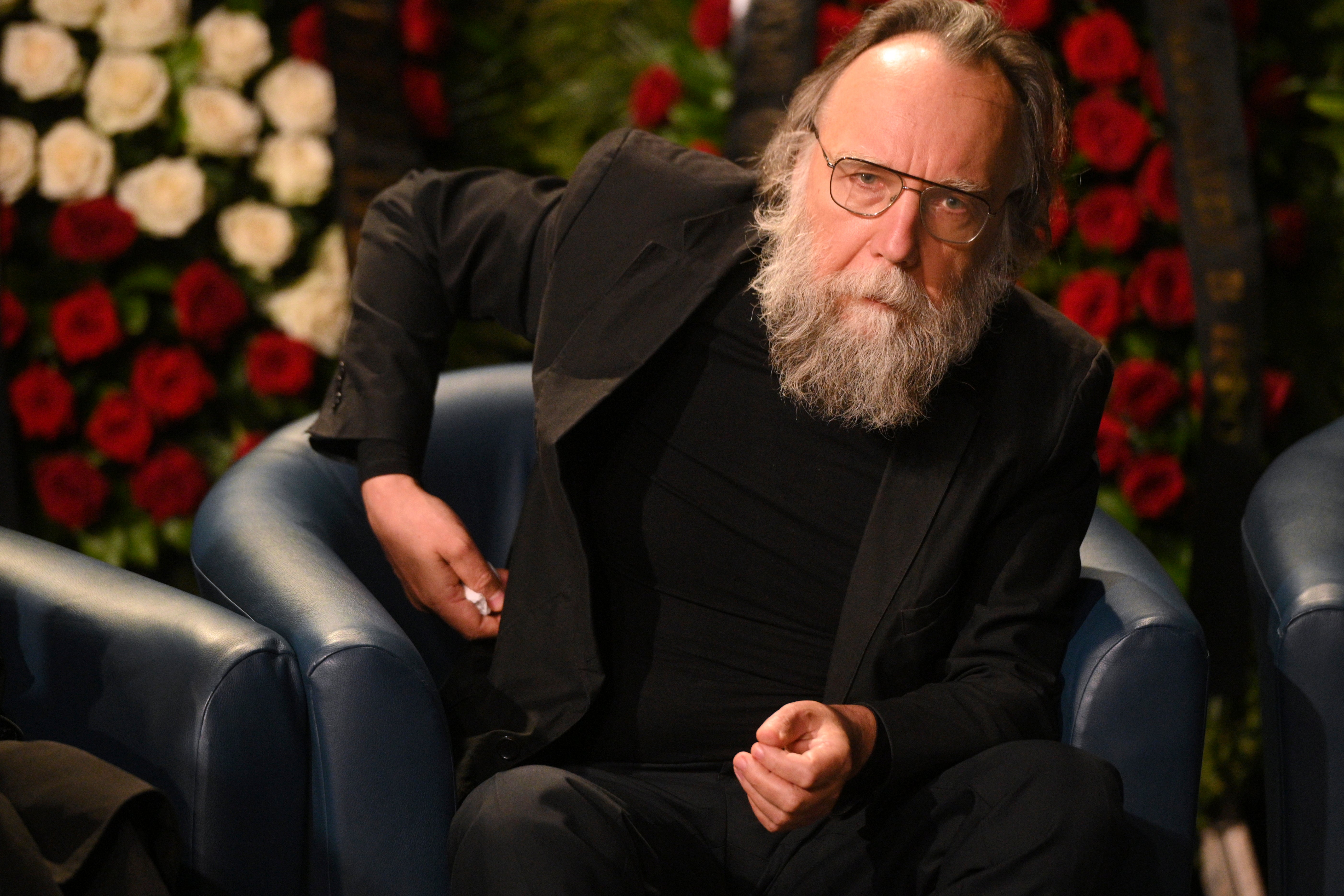
The daughter of an ally of Vladimir Putin said she felt “like a warrior” before she was killed in a fatal car bombing in Russia, her father has said.
Darya Dugina, the 29-year-old daughter of prominent nationalist ideologue Alexander Dugin, died on Saturday when a suspected explosive device detonated in the car she was driving near Moscow.
Russia has blamed Ukraine’s special forces for the attack, which it believes was intended for Mr Dugin, though Ukraine has denied involvement in Dugina’s death.

Speaking about his daughter at a farewell ceremony in Moscow on Tuesday, he said: “She had no fear. The last words she said during our conversation at the Tradition festival were ‘Father, I feel like a warrior, I feel like a hero. I want to be one, I don’t want any different fate. [I] want to be with my people, with my country.’”
Mr Dugin, who has been referred to as “Putin’s brain”, added: “The huge price we have to pay can only be justified by the highest achievement, our victory.
“She lived for the sake of victory, and she died for the sake of victory. Our Russian victory, our truth, our Orthodox faith, our state.”

Mr Putin denounced the “cruel and treacherous killing” of the 29-year-old in a letter of condolence he sent to Mr Dugin and his wife on Monday. The Russian president also posthumously awarded Ms Dugina one of Russia’s highest medals, the Order of Courage.
The FSB, Russia’s federal security service, claimed – without providing clear evidence – that the attack had been carried out by a Ukrainian woman born in 1979.

It said the woman and her teenage daughter had arrived in Russia in July and spent a month preparing the attack, renting an apartment in the same housing block as their target and researching Ms Dugina’s lifestyle.
The alleged assailant had attended an event outside Moscow on Saturday evening that was also attended by Ms Dugina and her father, before carrying out a “controlled explosion” of Ms Dugina’s car and fleeing Russia to Estonia, the FSB said.
But the chair of the UK’s foreign affairs committee, Tom Tugendhat, has asked whether investigators should be looking closer to home for the culprit.
“In recent months, Dugin had been criticising the Kremlin for being too soft,” he said. “Given the terrorism used by Putin over decades – Beslan, Nemtsov, Litvinenko, to name but a few incidents – the list of suspects should include his own government.”







